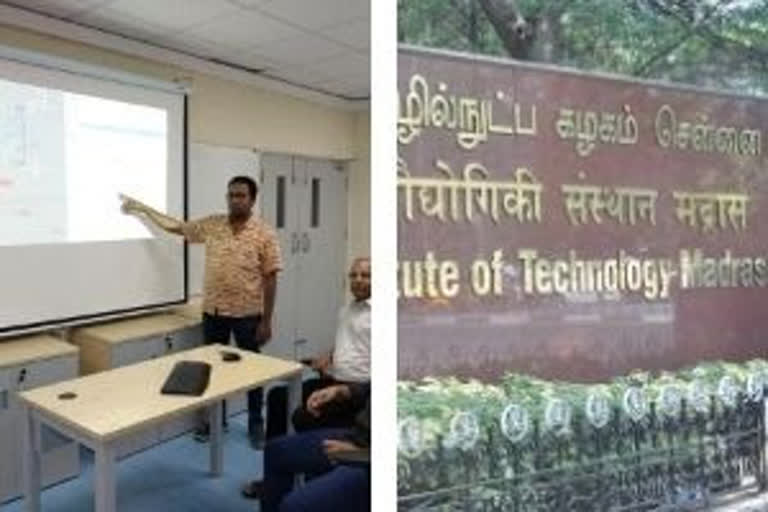Chennai:Researchers at Indian Institute of Technology Madras have shown that electroencephalogram (EEG) can be used to measure brainwaves in workers, to assess their mental sharpness, especially during times of crisis. EEG involves placing sensors on the scalp of the subject and measuring brain wave activity. Such measurements will help in assessing the capability of the worker to respond to an emergency in real-time, which, in turn, could prevent accidents and mishaps on a factory floor.
The IIT Madras team has shown the potential of EEG, a technique that measures brain activity, to assess the cognitive workload of human operators in a chemical plant control room. The cognitive workload is the level of measurable mental effort that is expended by an individual to perform a task. High cognitive workload state of workers makes them prone to commit errors that can lead to accidents.
The research was undertaken by a team led by Prof. Rajagopalan Srinivasan, Department of Chemical Engineering, IIT Madras. The results of this research have been published recently in the reputed peer-reviewed Journal of Computers and Computer Engineering in a paper co-authored by Prof. Rajagopalan Srinivasan, Mr. Mohd Umair Iqbal and Prof. Babji Srinivasan.
“Human errors are the cause of nearly 70 per cent of industrial accidents, the world over. Human errors, whether at the planning or execution stage, depend not only on the skill of the worker but also on his/her mental state and sharpness at that time. Anybody’s performance will become error-prone if there is a mismatch between the demands of the task which the person is responsible and their ability at that moment to handle it. Such a mismatch leads to high cognitive workload in human operators, often a precursor to poor performance," Prof. Rajagopalan Srinivasan, Department of Chemical Engineering, IIT Madras, said.
Also read:Tripura-Bangladesh inland waterways route to be operational on Sep 5
